Calendar
Events

April 24, 2025 @ 11:00 am - 12:30 pm
“What’s First?” – A Workshop for Care Partners Caring for People Diagnosed with Dementia or Experiencing Changes in Cognition
Too often, clients shared that they wish they had learned what they would learn later in their journey but much earlier, expressing how key insight on the dementia experience would have improved their overall dementia journey.
This brand-new workshop was designed by AST social workers in collaboration with caregivers, people experiencing cognitive changes, and various dementia specialists to offer key insight at the start of the dementia journey for the care partner.
Audiences:
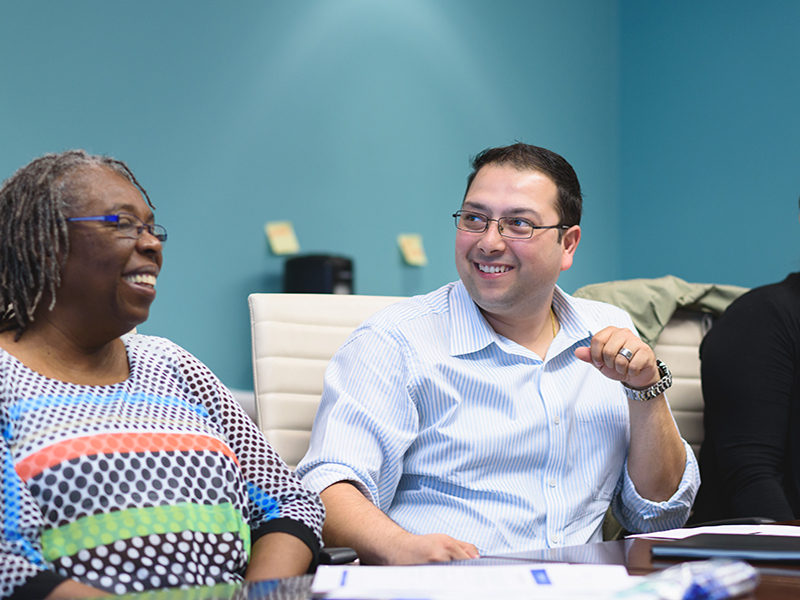
March 4, 2025 @ 10:00 am - 11:30 am
TEACH Program (Training, Education, and Assistance for Caregiving at Home)
Alzheimer Society of Toronto Head Office 20 Eglinton Ave West, 16th floor, Toronto, Ontario, CanadaThe TEACH Program consists of 4 weekly group sessions that focuses on common caregiving themes; self-care, healthcare system navigation, relationship changes and future planning. The program coaches care partners in practical communication and coping skills, and provides an opportunity to share and learn from other care partners.
Audiences:
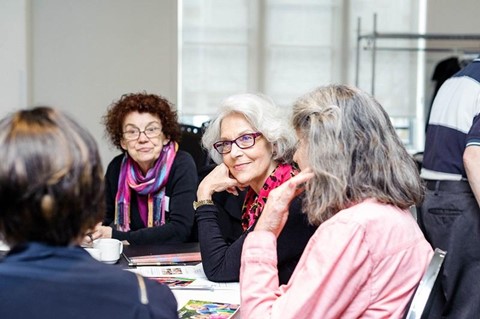
March 4, 2025 @ 11:00 am - 12:30 pm
Self-Care (for Care Partners)
This interactive workshop is designed to help care partners of people living with dementia recognize the importance of self-care.
Audiences:
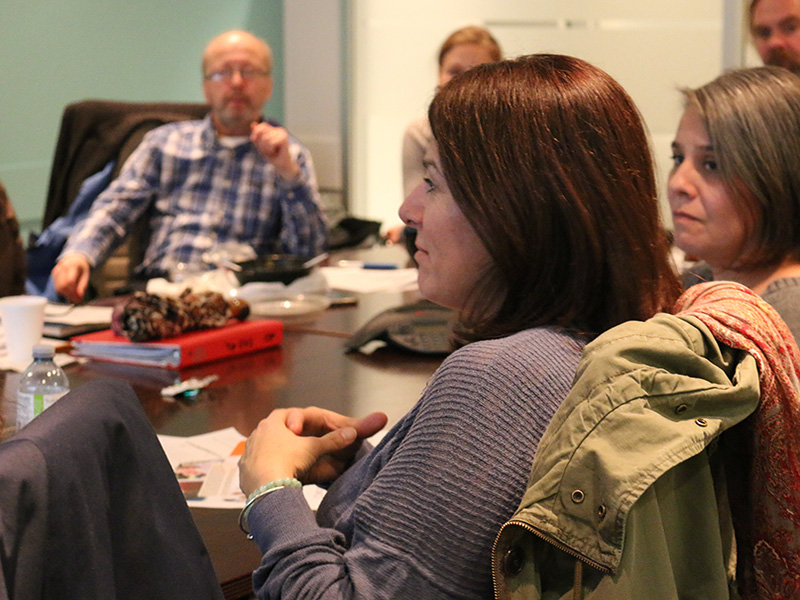
March 6, 2025 @ 1:30 pm - 3:30 pm
Adult Child CARERS Program
This 8-week online program is for care partners of people with mid- to late-stage dementia. CARERS is a comprehensive dementia care program that supports problem-solving skill development and introduces the innovative use of standardized patients – actors trained to simulate real-life situations – so that caregivers, guided by expert clinical coaches, will learn how to address communication challenges.
Audiences:

March 10, 2025 @ 2:30 pm - 4:00 pm
Understanding Behaviours and Supportive Communication
This workshop provides an overview of behaviours in dementia and communicating in a supportive manner. It will focus on providing participants with the knowledge of how behaviours and communication can change over the course of the disease and ways to supportively communicate with a person living with dementia.
Audiences:

March 11, 2025 @ 10:00 am - 11:30 am
BSO Self-Care Series – Session 4: Grief and Loss
This 4-session series explores the different issues Frontline Health Care Providers may experience when providing care to People Living with Dementia. In this series of workshops, participants will receive information on a variety of self care topics in addition to learning tips and strategies on how to work better as a team with the aim of enhancing client care.
Audiences:

March 18, 2025 @ 2:00 pm - 3:30 pm
Mindfulness and Meditation
This hands-on, interactive workshop is for care partners of people living with dementia. The overarching goal is for care partners to feel more relaxed and grounded at the end of the workshop, and to learn one or more relaxation and meditation techniques to continue to use on their own.
Audiences:
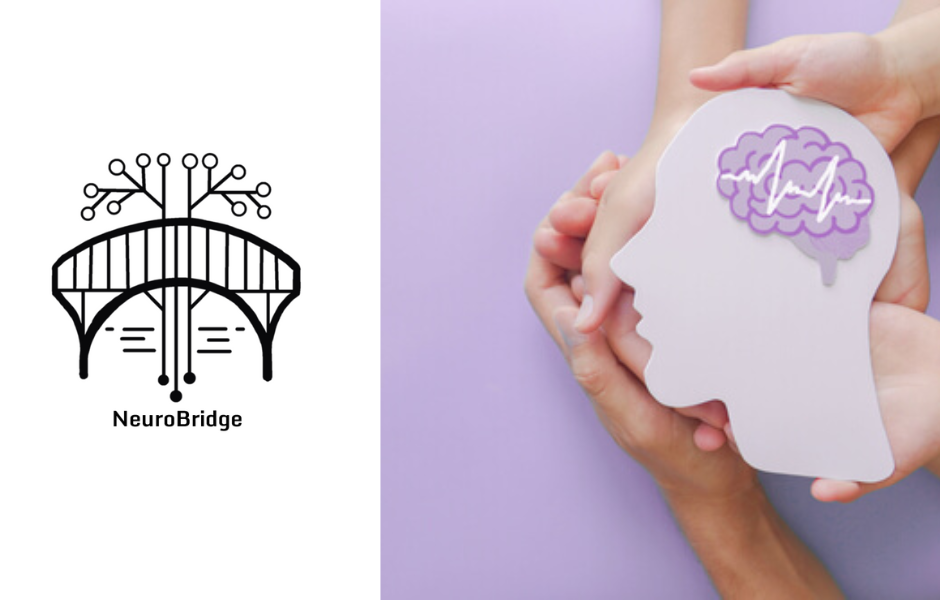
March 31, 2025 @ 10:30 am - 12:00 pm
Dementia and Epilepsy: What You Need to Know
This workshop provides an overview of the relationship between dementia and epilepsy, as well as the various types of seizures. It will focus on how to notice signs of a seizure and what to do if a seizure occurs. This workshop is a collaboration between the Alzheimer Society of Toronto and NeuroBridge, a University of Toronto medical student club dedicated to bridging neuroscience education and community engagement.
Audiences:
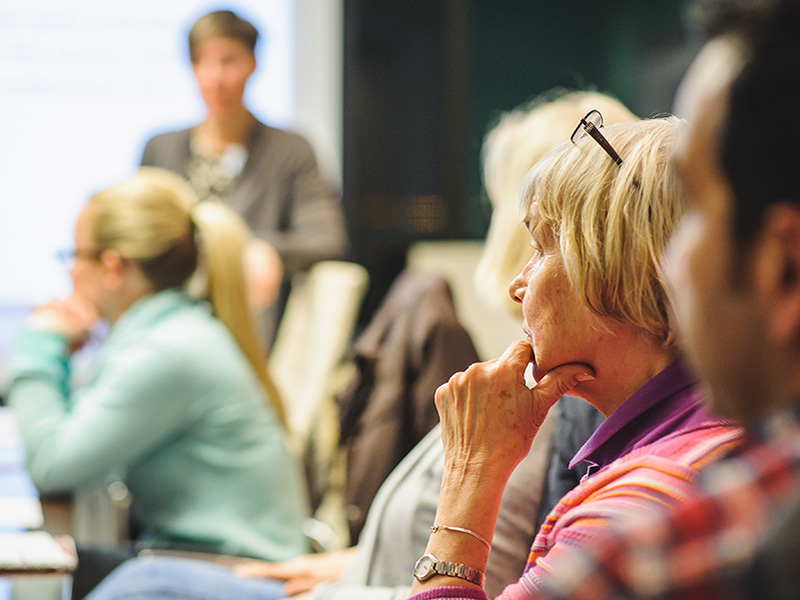
April 7, 2025 @ 10:30 am - 12:00 pm
Learning to Live with Ambiguous Loss and Grief
Explore the concept of ambiguous loss, develop coping strategies and gain understanding of feelings of grief when caring for a person with dementia.
Audiences:

April 8, 2025 @ 2:00 pm - 3:00 pm
Dementia and Developmental Disabilities
Enhance your knowledge of Developmental Disabilities (DD) and Dementia.
This course will explore the unique challenges faced by the person and their families and opportunities to support someone who is living with developmental disabilities and dementia.
Audiences:

April 14, 2025 @ 11:00 am - 12:30 pm
Dementia Overview for Care Partners
This workshop will provide care partners with an overview of Alzheimer’s disease focusing on the importance of early diagnosis and illustrates the progression of the disease.
Audiences:

April 21, 2025 @ 2:00 pm - 4:00 pm
Coping with Death and Grief
Losing someone who had dementia can be a unique and complex experience for those who cared for them. This presentation will explore these issues, identify various approaches to grief, and suggest ways for care partners to cope with loss.
Audiences: